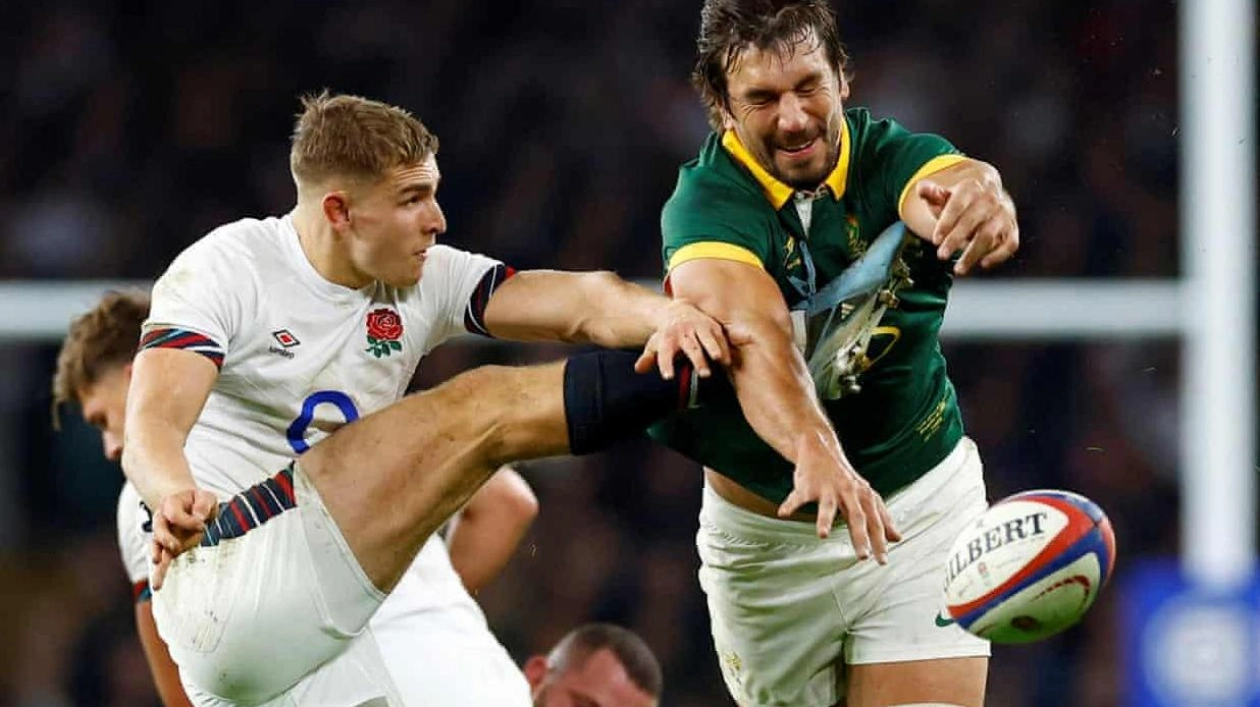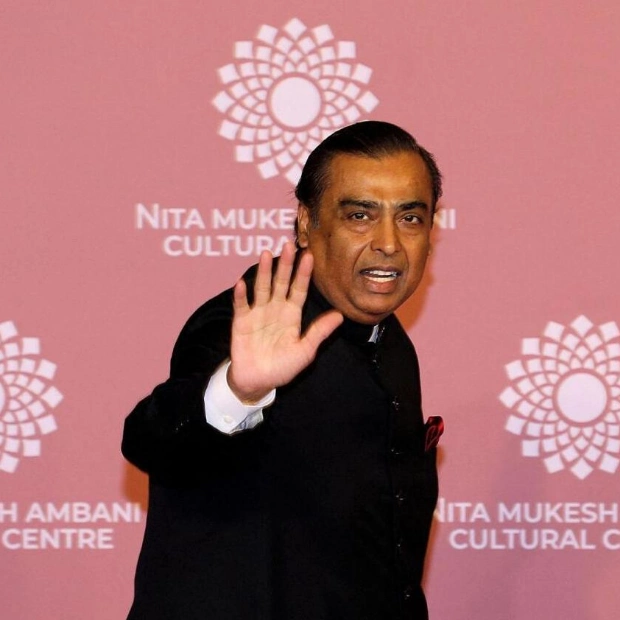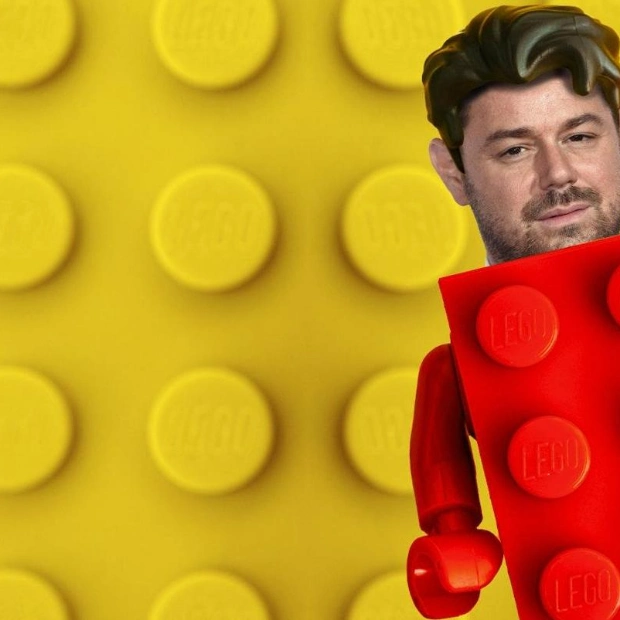And repeat. Last weekend, they ventured into the lair of an aspirant northern team, enduring all their hosts could throw at them – “endured”, handled with comfort, more like – and then pulled away from their flailing opponents in the final quarter with an imperiousness that befits their standing as the world’s best. So they did it again this weekend. South Africa’s win in Edinburgh on Sunday re-established the world champions’ position at the top of the world rankings, although quite how they were not there already defies analysis, given they were champions of the south this year, as well as of the world the one before.
The way Scotland played out of their skins and went on to lose by 17 points, four tries to none, was quite chilling. Here, England, desperate as well as aspirant, tore into the Springboks from the start, landed the odd blow but fell away alarmingly – or were shut out ruthlessly. In rugby’s zero-sum dynamics, it equates to the same thing. It would be fair to say that South Africa again looked as if they were playing within themselves. Then again, self-contained is no bad thing to be in sport. They unleash their game in their own time with the relentlessness of a tightly wound coil. And they can do it in any number of ways.
If they have a problem, the most obvious one these days is which team to pick. Cheslin Kolbe was not involved last week, for example, and when he was picked this, it was almost as if the world sighed, oh yeah, they’ve got him as well, haven’t they. After one winger scored two tries last week and partnered a star of the future, in comes another this week – alongside another star of the future. Kolbe reminded us that he is just about the deadliest winger in the world with his two tries today – and the Springboks’ USP was always supposed to be their ferocious forward play. Which it is, but this side can turn their hand in any of rugby’s multiple dimensions.
The heart and soul of the team, though, remains Eben Etzebeth, the gargantuan, snarling lock forward. When that most populist of gongs, the Best Player in the World, is conferred, it is almost always to someone with stardust in their shoes, like Kolbe, for example, or Antoine Dupont, people who can perform wonders. But sometimes in a sport like rugby tribute must be paid to those who peddle darker qualities. They may not change the course of the game in a flash, but they are the substance of it, the tide upon which others surf. As the heart and soul of the best team in the world, Etzebeth is the best player in the world.
This was far from his greatest game. He was caught out in only the fourth minute, trying to pressurise Marcus Smith into an error, from which attention Smith escaped to set up England’s first try. But if the recent crackdown on the concept of the “pillar”, those loiterers on the fringe of ruck and maul, suits anyone, it is Etzebeth. His vast reach and limitless energy and aggression terrorised Jack van Poortvliet at the base of the ruck in the first half, charging down England’s scrum-half time and again. Just as it looked as if England might be about to have one of those games underdogs so often enjoy, Etzebeth slammed the door on them, inspiring Pieter-Steph du Toit to similar heights of aggression, the latter following up his own chargedown of Smith’s attempted clearance with South Africa’s second try.
Etzebeth was one of only three players who started last weekend in Scotland. Rassie Erasmus made much of the six-day turnaround as explanation for the changes, but really this was an exercise in showing off a country’s resources. The arguments in selection meetings must be exhausting. Grant Williams was the only back on the bench last weekend, but they gave him the No9 shirt this and he astonished with his try in the 11th minute, a reminder not only of South Africa’s riches but of their ability to hurt in any number of ways. Last weekend, Willie le Roux was masterful at full-back, so they chucked the No15 shirt to the lesser-known Aphelele Fassi this. Deadly fast and unlucky to have his final pass to another electric winger, Kurt-Lee Arendse, fail a TMO inquest early in the second half. South Africa rode their luck too, particularly a few minutes later, when Henry Slade’s try was chalked off for a minor infringement at the last ruck, but no one should kid themselves that the Springboks would not have responded decisively if it had stood.
England will be pilloried, no doubt, for the way they fell away once again, how their defence narrowed in the final quarter, how their discipline and imagination waned. Fine, but it is amazing how often that happens when you are playing against a better team. The way South Africa slammed shut every conceivable opening an exhausted England could explore was as decisive as the brilliance with which they contrived their own. They are on quite the roll now. Very hard to know how to counter it.
Source link: https://www.theguardian.com






